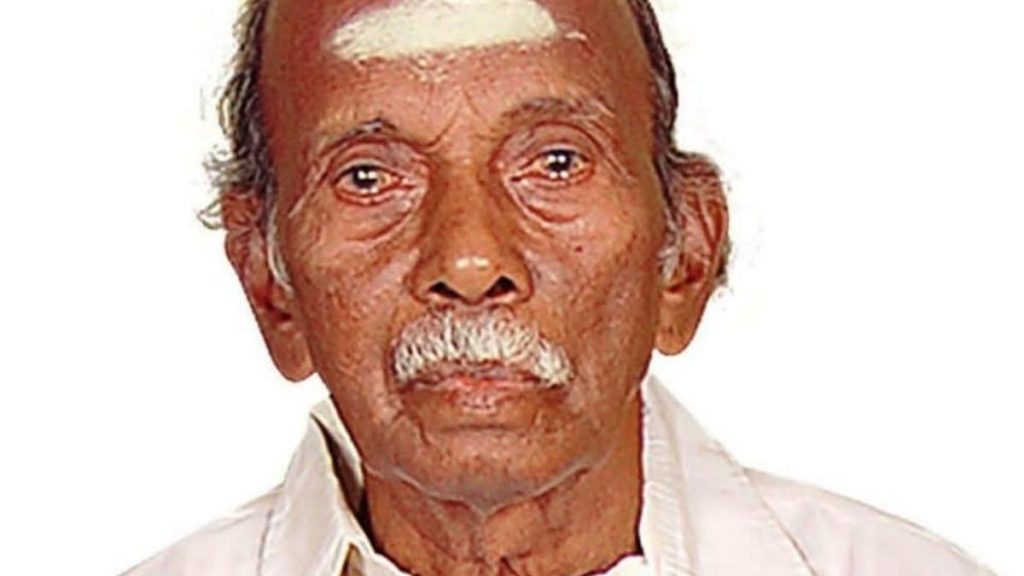Now Reading: Exploring Telepathy: A Possibility for Nonverbal Communication?
-
01
Exploring Telepathy: A Possibility for Nonverbal Communication?
Exploring Telepathy: A Possibility for Nonverbal Communication?

Swift Summary
- Podcast Focus: The podcast Telepathy Tapes explores telepathic communication, particularly claiming nonverbal individuals with autism possess telepathic abilities.
- Scientific Controversy: No scientific evidence supports telepathy or facilitated communication-a technique discussed in the podcast where a facilitator assists individuals in communicating via touch and devices. Leading scientific organizations, such as the American Psychological Association and the American academy of Pediatrics, oppose facilitated communication due to its pseudoscientific basis.
- Historical Context: The term “telepathy” originated from spiritualism movements with early performers like Washington Irving Bishop using techniques akin to muscle reading rather than supernatural abilities.
- Criticism by Experts: Psychologist Dr. Stuart Vyse called Telepathy Tapes a “risky cornucopia of pseudoscience,” expressing concern over potential misinformation about autism and paranormal claims affecting appropriate interventions for nonspeaking autistic individuals.
- Scientific Call-to-Action: Experts emphasize focusing on proven education methods and tools for nonverbal communicators rather than controversial practices such as facilitated communication.
Indian Opinion Analysis
The discussion surrounding telepathic theories directed at nonverbal autism highlights broader concerns about balancing openness to new ideas while adhering strictly to scientific validation. For India, where traditional beliefs often intersect with emerging technologies and research, issues like this demand careful evaluation based on empirical evidence rather than speculation or anecdotal claims.
Facilitated communication’s lack of credibility should caution educators, caregivers, and researchers against investing resources into unproven methodologies that may inadvertently harm vulnerable populations like nonverbal autistic individuals by diverting focus from effective interventions such as assistive technology or skill-based training programs.
Promoting awareness of scientifically backed approaches remains critical for fostering informed care within India’s growing spectrum of developmental disability services.

























